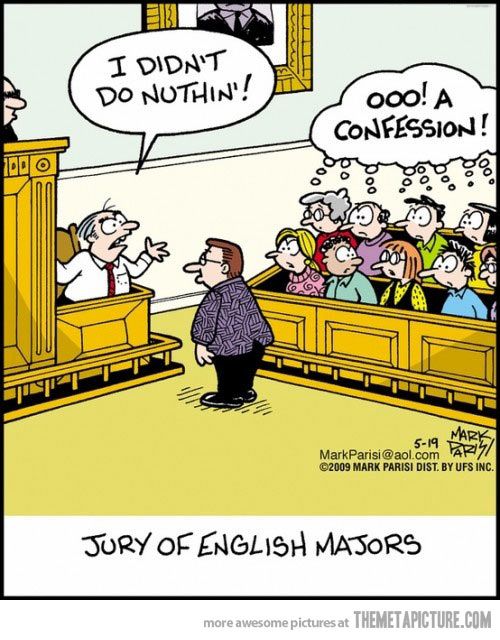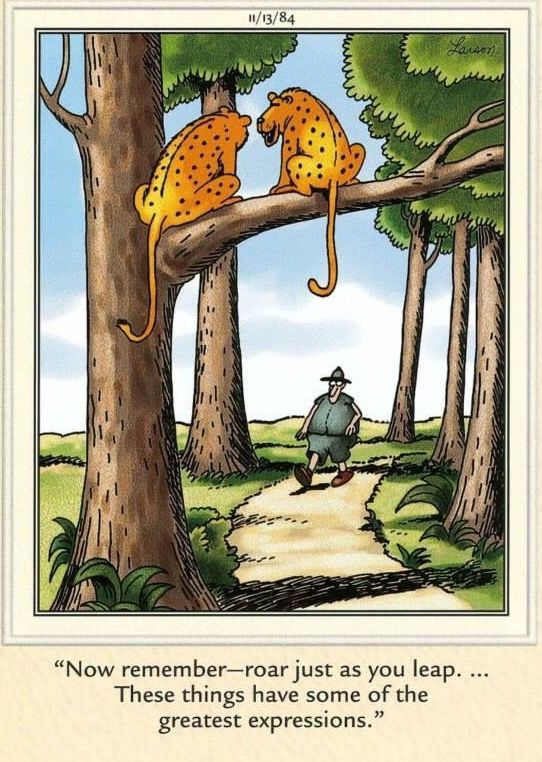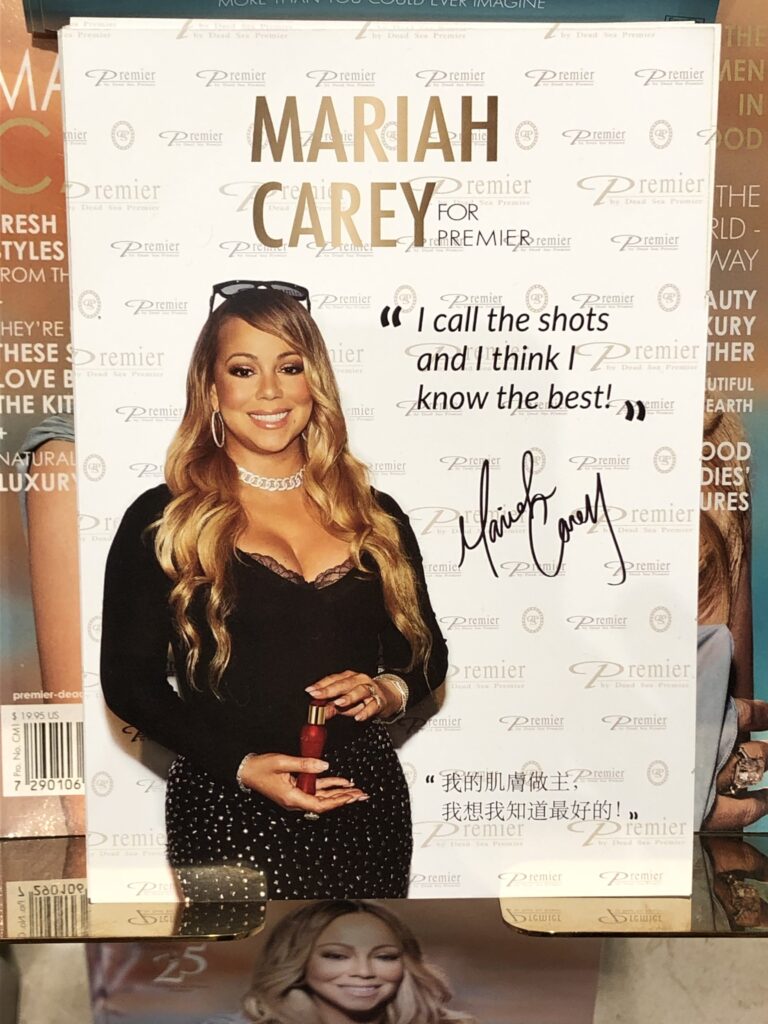
I admire someone who says, “I made a mistake.” I have little regard for those who make mistakes but refuse to admit them. Politicians and leaders, in particular, are reluctant to admit mistakes. When Richard Nixon commented on Watergate, when Ronald Reagan talked about the Iran-Contra affair, and when Hillary Clinton spoke about Whitewater, they used the phrase, “Mistakes were made.” That doesn’t quite hit the nail on the head, does it? There is no “I” in that phrase.
Compare those responses to one of the most famous unsent messages in history. General Eisenhower penned the following memo before the invasion of Normandy. Fortunately, it was never posted because the invasion was successful.
“Our landings…have failed…and I have withdrawn the troops. My decision to attack at this time and place was based upon the best information available. The troops, the air and the Navy did all that bravery and devotion could do. If any blame or fault attaches to the attempt it is mine alone.”
I recently read a news release in which Steve Green (chairman of the board, Museum of the Bible), admitted that the museum had unwittingly acquired thousands of documents that lacked proper provenance. Acknowledging their mistake, the museum is returning over 11,000 documents to their rightful owners: Egypt and Iraq.
I have never heard or read a more clear and sincere confession and plan of restitution. Green’s handling of the problem was both refreshing and instructive. We can learn from what he did.
Individuals and corporations should learn how to properly respond to their mistakes. Below are some characteristics of a good confession. I’ll give examples of how each might sound in a marriage relationship and also include snippets from Steve Green’s corporate statement.
1. The scope of confession should equal the scope of the offense.
When admitting fault, speak to everyone who was affected by your mistake. If you speak harsh words to your spouse, confess to him or her. But if three other people witnessed the incident, you need to confess to four people.
Museum of the Bible—Instead of hiding the offense, the Museum of the Bible made a public announcement. A news release from the organization was posted on its website on March 26, 2020 and subsequently reposted on numerous media channels.
2. Confessions are most effective when we take the initiative to confess without first having to be confronted and challenged by those who were offended.
Can you sense the difference between these two scenarios?
Scenario 1
Joan: Hey Bob, got a minute?
Bob: Sure, what’s up?
Joan: When we were having lunch yesterday, you said something that really offended me.
Bob: Oh yeah? What did I say?
Joan: It was the comment about my work on the Meyers project.
Bob: Oh, that bothered you? Well, okay, perhaps it did come across a bit tacky. Sorry about that.
Scenario 2
Bob: Hi Joan, got a minute?
Joan: Sure, what’s up?
Bob: Yesterday, when we had lunch together, I made a tacky comment about your work on the Meyers project. It was wrong of me to say what I did. Would you forgive me?
In the first scenario, Joan confronts a clueless Bob. In the second scenario Bob initiates the conversation. There’s a huge difference.
Museum of the Bible—Beginning in late 2017, we also engaged with officials in several countries, including Egypt and Iraq, to open a dialog regarding items that likely originated from those countries at some point, but for which there was insufficient reliable provenance information.
3. Be specific; name the offense.
Hurts don’t come in generalities; they are specific. So the confession must be specific. Can you sense the difference between these two statements?
“Honey, if I’ve ever done anything to offend you, would you forgive me?”
“Honey, I realize that I have had a critical spirit toward you. Last night I criticized you about the hotel arrangements you made for our vacation. I should have been grateful that you took the initiative to plan such a nice trip.”
A good confession will mention a specific wrong.
Museum of the Bible—One area where I (Green) fell short was not appreciating the importance of the provenance of the items I purchased.
4. Properly address the emotional hurt that your offense has caused.
Offenses are not only technically wrong, they hurt the offended person. So when we offend someone, we should confess our wrong and address the hurt that we caused. For instance, if I yell at my children, I have not only wronged them, I have hurt them. I must deal with both the technical aspect of being wrong and also the emotional dimension. That’s why a good confession will often involve empathetic words such as, “I’m so sorry that I hurt you by my harsh words.”
5. In your confession, use the phrase “I was wrong”; not just “I’m sorry.”
Just saying “I’m sorry” can compromise and even neutralize a confession. For instance, in the following sentences, the words in parenthesis might not have been spoken but could have been implied.
-
-
- “I’m sorry what I said offended you (but it wouldn’t have offended you if you weren’t so hypersensitive).”
- “I’m sorry you feel neglected (but after all, you are overly needy).”
- “I’m sorry you were upset by my teasing you at the party (even though everyone else thought my story was hilarious).”
Use the phrase “I was wrong” because it admits personal responsibility for the offense and conveys a sense of seriousness.
Museum of the Bible—These early mistakes resulted in Museum of the Bible receiving a great deal of criticism over the years. The criticism resulting from my mistakes was justified.
6. Don’t dilute the confession.
When confessing an offense, don’t include any statements that would dilute the confession. Don’t:
-
-
- Minimize the offense: “Yeah, I got angry and yelled at you, but that’s not the main issue.”
- Rationalize/justify: “The reason I yelled was…”
- Blame others: “I wouldn’t have become angry if you hadn’t…”
- Offer a trite confession: “Okay, okay; I’m sorry.”
- Ignore the offense: “Let’s talk about something else.”
7. Ask forgiveness.
For a confession to be complete, we should ask forgiveness. The best way to do this is simply to say, “I was wrong. Will you forgive me?” Hopefully, the offended person will forgive you. If he or she does not, and you have genuinely and properly confessed, you have done all that you can and should do; it is now the other person’s decision whether or not to forgive you.
8. Make restitution.
If possible make restitution for your action. Try to return what was stolen and/or restore what was damaged. If someone’s reputation was impaired, try to make it right.
Museum of the Bible—I long ago made the decision that when our research revealed another party had a better claim to an item, I would do the right thing and deliver such items to that party. We have already proactively made several such returns. Today, I am announcing that we have identified approximately 5,000 papyri fragments and 6,500 clay objects with insufficient provenance that we are working to deliver to officials in Egypt and Iraq respectively.
The world would run more smoothly and be a better place to live if all of us simply owned up to their mistakes.




